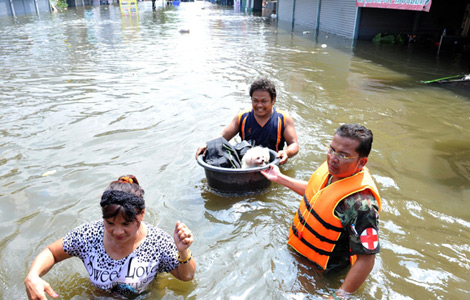|
|||||||||||
GUANGZHOU - The possibility of enacting laws to punish passers-by who refuse to help people in obvious distress has become a hot topic in the southern province of Guangdong.
Legal experts and the public are debating the idea after a 2-year-old girl, Yue Yue, was run over twice in Foshan on Thursday but ignored by at least 18 passers-by.
Yue Yue was finally moved to the roadside by a 57-year-old scrap collector, who then called for the girl's parents.
|
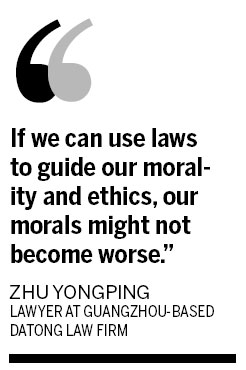 |
At least 10 Party and government departments and organizations in Guangdong, including the province's commission on politics and law, the women's federation, the academy of social sciences and the Communist Youth League, have started discussions about punishing those who refuse to help people who clearly need it.
They are also seeking feedback from the public as to whether legislation should be enacted.
Zhu Yongping, a lawyer at Datong Law Firm, said lawyers will discuss the idea next month and push for the legislation.
"Many laws, including forbidding drunken driving, in China have been passed after high-profile individual cases, and now is the right time to legislate against refusing to help people," Zhu said on Wednesday.
"If we can use laws to guide our morality and ethics, our morals might not become worse."
Nie Lize, an associate professor at Sun Yat-sen University, was also in favor of such a law. "It is necessary to legislate because the morals of Chinese people are getting lower," Nie said.
However, Wang Zhongxing, a professor in the university's law school, said refusing to help people should not be a crime.
"We should be very cautious to legislate because legislation is a double-edged sword," he said. "It can help fight crime, but it may also wrongfully accuse the innocent."
Wang said the issue was about morals rather than the law. "It is not fair to punish all people who do not lend a helping hand," he added.
Huang Na, an associate professor with the law school at the Chinese People's Public Security University, also opposed the idea of legislation.
"The legislation should be targeted for the specially designated groups, including police and doctors, instead of the vast numbers of ordinary residents," she said.
Otherwise, too many people will become suspects and defendants, Huang said.
"Those who are not qualified to rescue the wounded may make the victims' conditions even worse," she said.
"It may also limit the rights and civil obligations of citizens when morality and ethics are legislated."
Related Stories
Apathy toward injured child sparks anger 2011-10-17 15:09
Hospital offers little hope for girl's survival 2011-10-17 07:50
Hot Topics
Libya conflict, Gaddafi, Oil spill, Palace Museum scandal, Inflation, Japan's new PM, Trapped miners, Mooncake tax, Weekly photos, Hurricane Irene
Editor's Picks
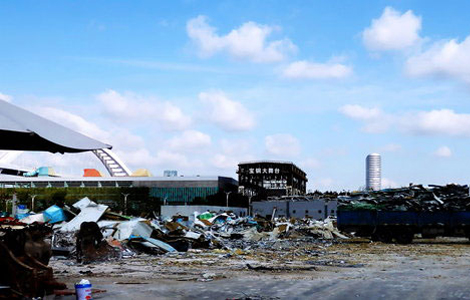
|
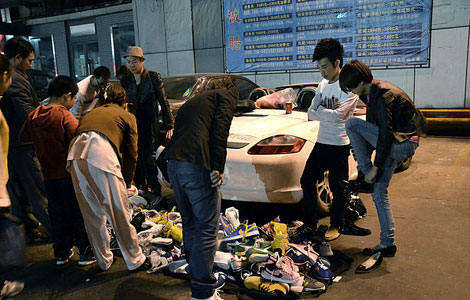
|
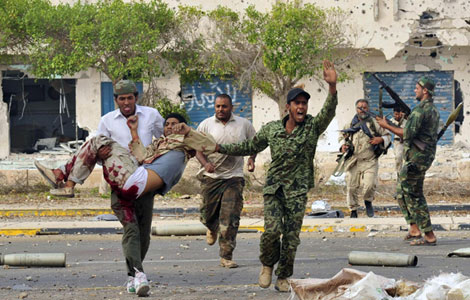
|
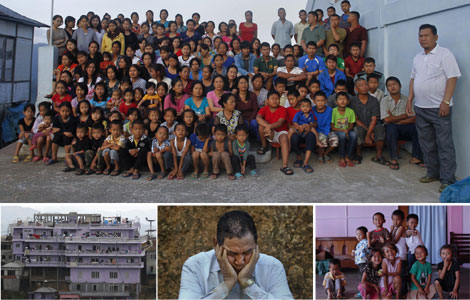
|

|

|




